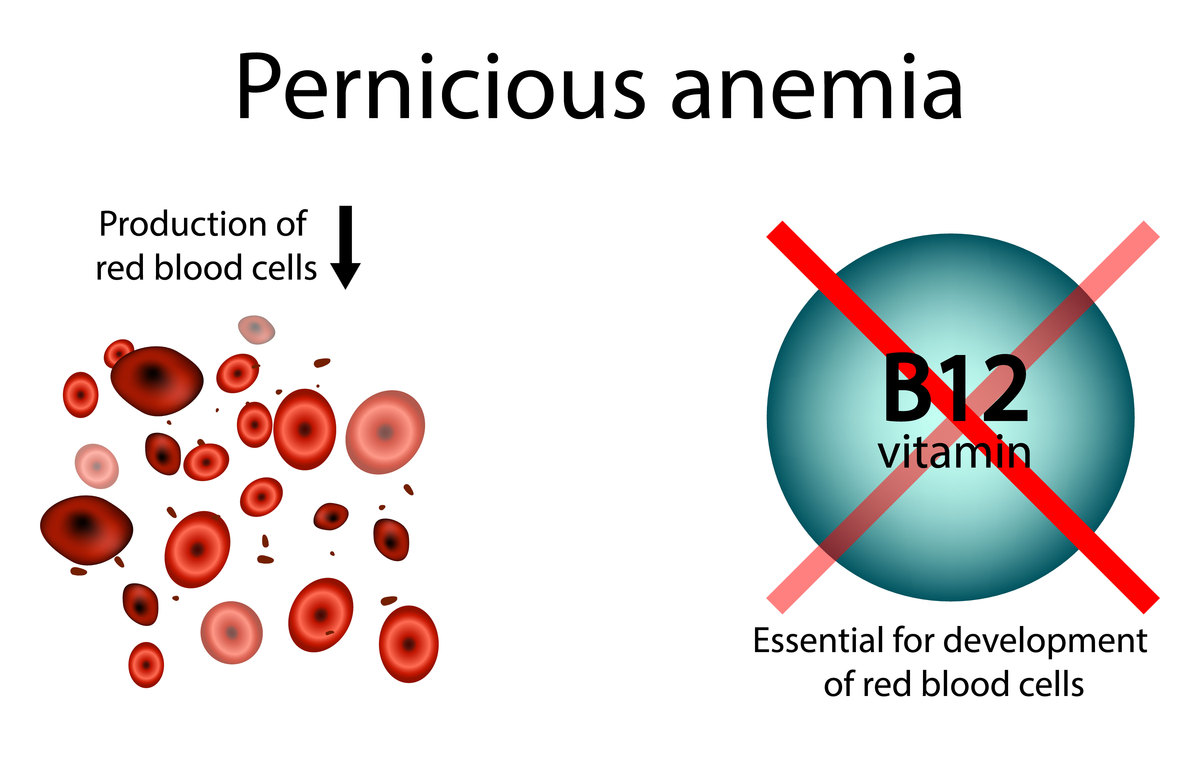Crohn's Disease: Understanding the Immunological Mechanisms
Crohn's disease is a chronic inflammatory condition that primarily affects the gastrointestinal tract. The immunological mechanism underlying Crohn's disease involves an abnormal immune response to the gut microbiota in individuals with a genetic predisposition.\n\n1. Genetic Factors: Several genetic variations have been associated with an increased risk of developing Crohn's disease. These variations affect genes involved in the regulation of the immune system, such as the NOD2/CARD15 gene. Mutations in the NOD2 gene impair the ability of immune cells to recognize and respond to bacterial components, leading to an exaggerated immune response.\n\n2. Dysregulated Immune Response: In individuals with Crohn's disease, the immune system overreacts to the presence of normal gut bacteria, leading to chronic inflammation. It is believed that the intestinal lining becomes permeable, allowing bacteria and other substances to penetrate the gut wall. This triggers an immune response, with immune cells, particularly T cells, releasing pro-inflammatory cytokines like tumor necrosis factor-alpha (TNF-α), interleukin-1 (IL-1), and interleukin-6 (IL-6). These cytokines further recruit more immune cells, perpetuating the inflammatory response.\n\n3. Abnormal T Cell Response: T cells play a critical role in regulating the immune response in Crohn's disease. Inflammation in Crohn's disease is associated with an imbalance between different subsets of T cells. There is an increase in Th1 and Th17 cells, which produce pro-inflammatory cytokines, and a decrease in regulatory T cells (Tregs), which normally help to suppress immune responses. This imbalance leads to an exaggerated and uncontrolled inflammatory response.\n\n4. Gut Microbiota Dysbiosis: The composition of the gut microbiota is altered in individuals with Crohn's disease. There is a decrease in beneficial bacteria, such as Firmicutes and Bacteroidetes, and an increase in potentially harmful bacteria, such as Escherichia coli and Mycobacterium avium subspecies paratuberculosis (MAP). These dysbiosis-induced changes can disrupt the normal immune tolerance to gut bacteria, triggering an immune response and inflammation.\n\n5. Defective Autophagy: Autophagy is a cellular process involved in the degradation and recycling of cellular components, including bacteria. Defective autophagy, which can occur due to genetic variations like ATG16L1 and IRGM, impairs the ability of immune cells to clear intracellular bacteria effectively. This leads to an accumulation of bacteria within the cells, triggering an inflammatory response.\n\nOverall, the immunological mechanism of Crohn's disease involves a combination of genetic susceptibility, dysregulated immune response, abnormal T cell activity, dysbiosis of the gut microbiota, and defective autophagy. These factors collectively contribute to chronic inflammation and damage in the gastrointestinal tract, leading to the symptoms and complications associated with Crohn's disease.

原文地址: https://www.cveoy.top/t/topic/mFt9 著作权归作者所有。请勿转载和采集!